- You are here:
- Home /
- Products /
- Alloy Steel /
- Inconel Alloys /
Inconel 601 Nickel-Chromium Alloy Round Bar Technical Manual
A nickel-based alloy round bar engineered for high-temperature oxidation resistance, corrosion immunity, and superior mechanical strength in extreme operating conditions.
- High-Temperature Performance:Continuous oxidation resistance up to 1180°C (2200°F), short-term service capability at 1204°C (2200°F), and exceptional creep rupture strength.
- Corrosion Resistance:Resists sulfidation, chlorination, and carburization via self-healing Cr₂O₃-Al₂O₃ oxide film formation.
- Mechanical Properties:Room-temperature tensile strength ≥600 MPa, elongation ≥30%, Brinell hardness HB≤220 (solution-annealed condition).
- Workability:Supports cold/hot working, welding (TIG/MIG), and solution heat treatment.
Chemical Composition (wt%)
Element | Content (wt%) | Function |
Ni | 58-63 | Matrix, stabilizes austenitic structure |
Cr | 21-25 | Core element for oxidation/corrosion resistance |
Al | 1.0-1.7 | Enhances densification of high-temperature oxide films |
Fe | Balance | Cost optimization and processing aid |
C | ≤0.10 | Controls grain-boundary carbide precipitation |
Mn/Si | ≤1.0/≤0.5 | Deoxidation and fluidity improvement |
P/S | ≤0.030/≤0.015 | Impurity control |
1. Performance Characteristics
1.1 High-Temperature Oxidation Resistance
It forms a dense Cr₂O₃/Al₂O₃ oxide film at temperatures up to 1200°C, offering excellent resistance to spalling.
It exhibits excellent resistance to sulfur-containing and carburizing atmospheres, making it suitable for harsh environments such as industrial furnaces.
1.2 Mechanical Properties
Room Temperature Performance: Tensile strength 600-650 MPa, yield strength 240-300 MPa, elongation 30%.
High-Temperature Performance: Tensile strength remains at 300 MPa at 800°C, with outstanding creep rupture strength (recommended for temperatures above 500°C).
1.3 Corrosion Resistance
It resists corrosion from oxidizing/reducing acids, chlorides, and hydrogen sulfide, making it suitable for chemical and marine engineering applications.
1.4 Processing and Welding
Hot working temperatures are 1050-1200°C, avoiding the brittle range of 650-850°C.
The recommended welding process is GTAW. Post-weld annealing at 870°C is required to restore toughness.
2. Main Applications
2.1 Industrial High-Temperature Components
Heat treatment furnace trays, radiant tubes, and burner nozzles (resistant to 1200°C cyclic heating).
Solid waste incinerator combustion chambers and exhaust gas treatment systems.
2.2 Energy and Chemical Industries
Ammonia reforming isolation tanks and nitric acid catalyst support grids (resistant to sulfur corrosion).
Heat exchangers and piping (resistant to high-temperature, high-pressure corrosive media).
2.3 Aerospace and Medical Industries
Engine components and high-temperature furnace components (lightweight and heat-resistant).
Surgical instruments and high-temperature sterilization equipment (excellent biocompatibility).
2.4 Other Industries
Marine desalination components (resistant to chloride ion corrosion).
Glow plugs and exhaust systems (stable conductivity and heat resistance).
Surface Treatment
- As-Machined:Turned/ground finish (Ra≤0.8μm), free from scale and cracks.
- Heat-Treated:Solution annealing (1100°C water-quenched) with pickling & passivation for uniform passive layer formation.
- Custom Options:Sandblasting, polishing, or coatings (e.g., Al₂O₃) available upon request.
Why Choose Us ?
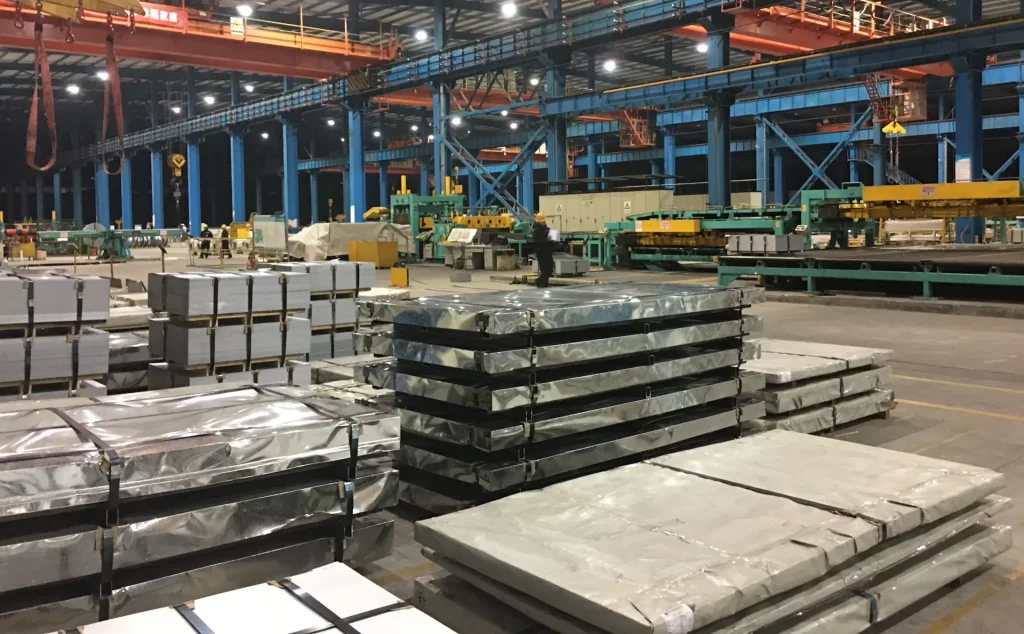
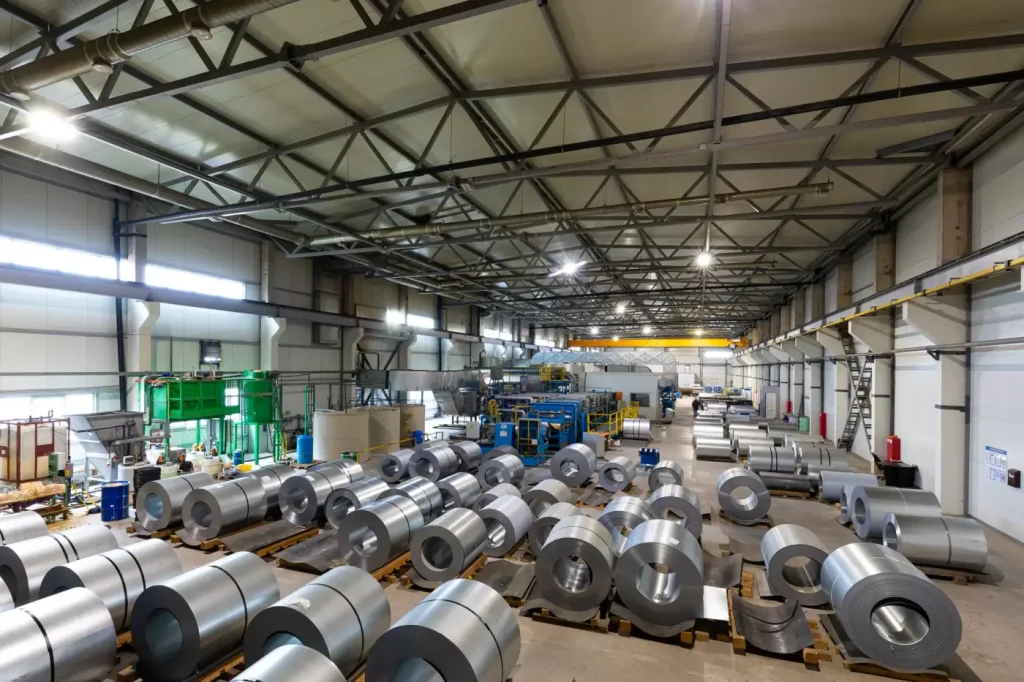
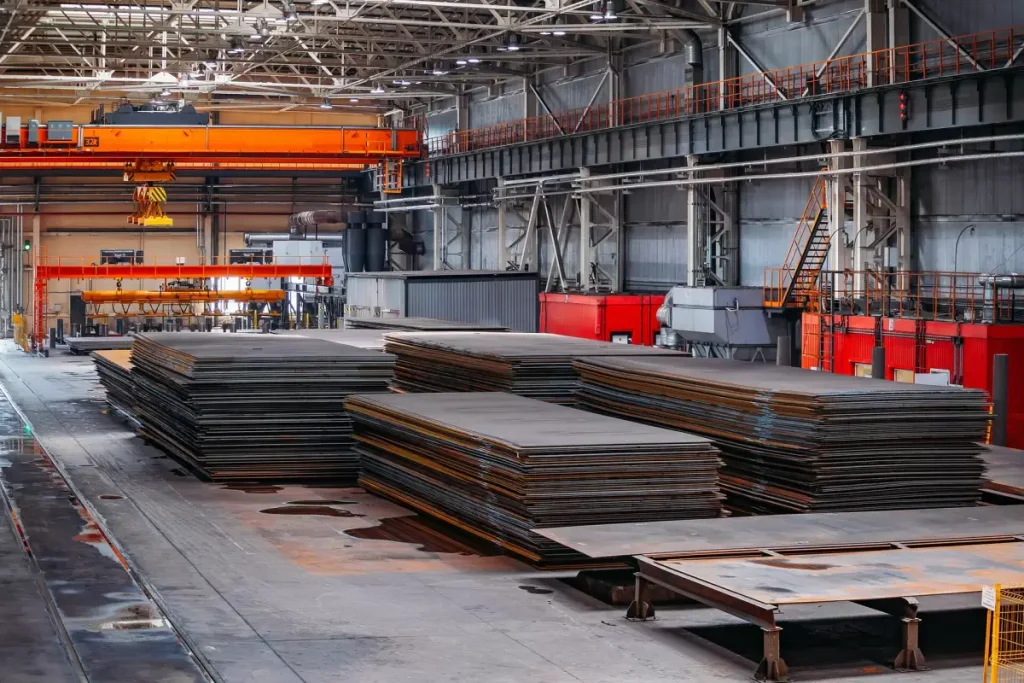
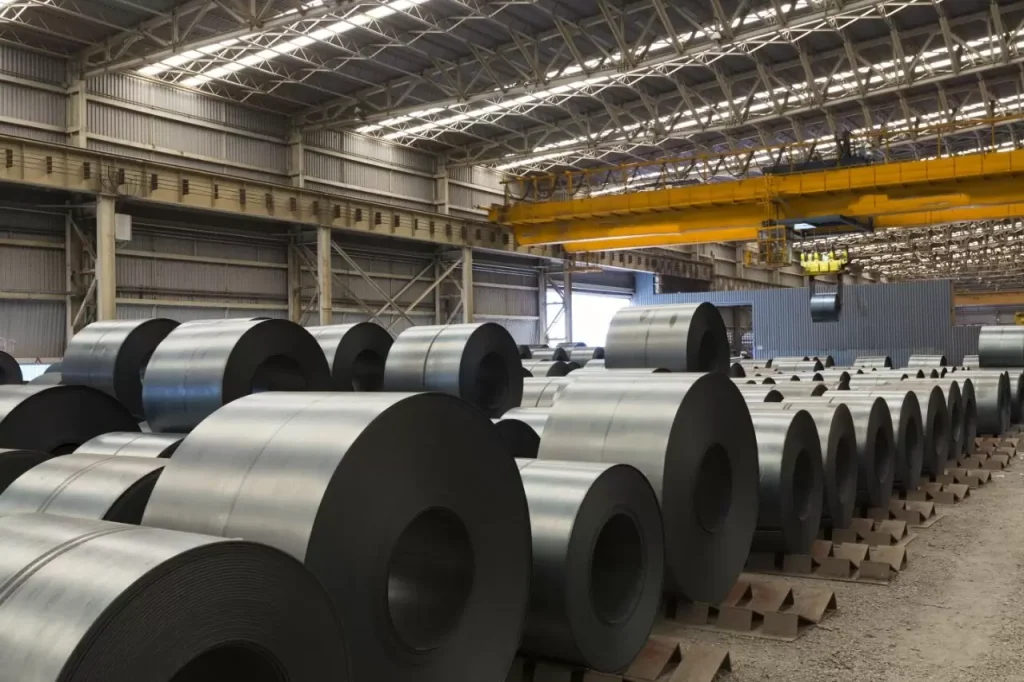
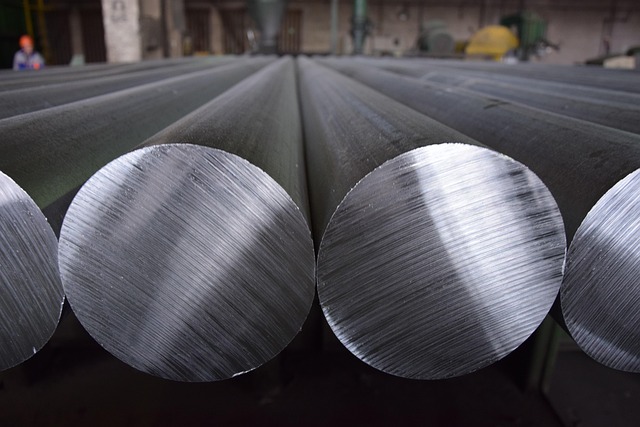
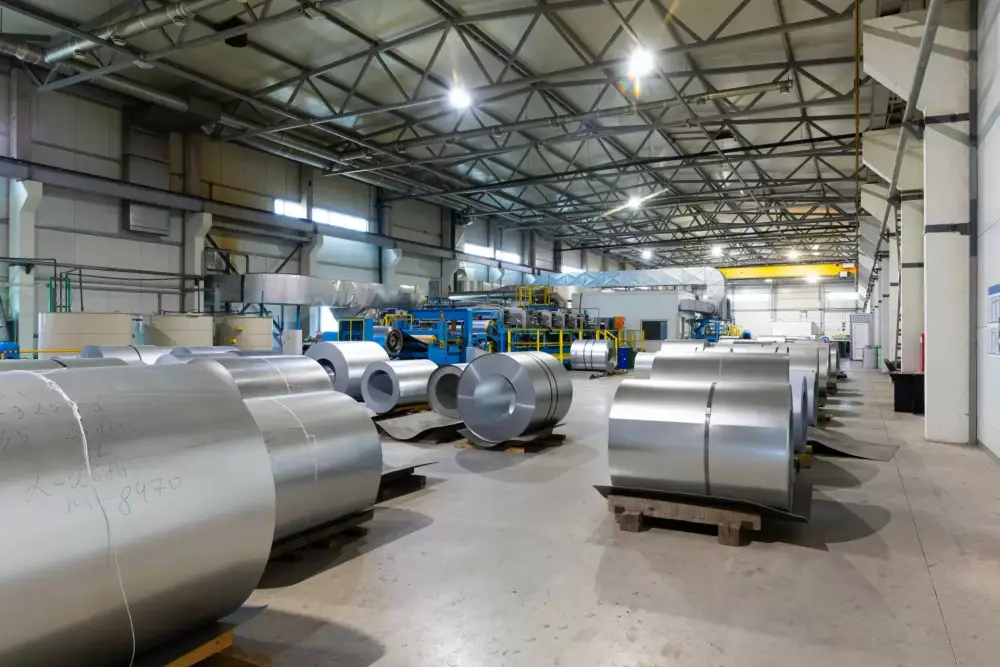
- Quality Control:ASTM B166/AMS 5715 compliant manufacturing, 100% spectrochemical analysis + ultrasonic testing.
- Customization:Diameter Φ5-300 mm, length ≤6 m, support for composition adjustments.
- Delivery Commitment:30 years of superalloy expertise, specimen reports within 72 hours, 15-day emergency lead time.
Applications & Industries
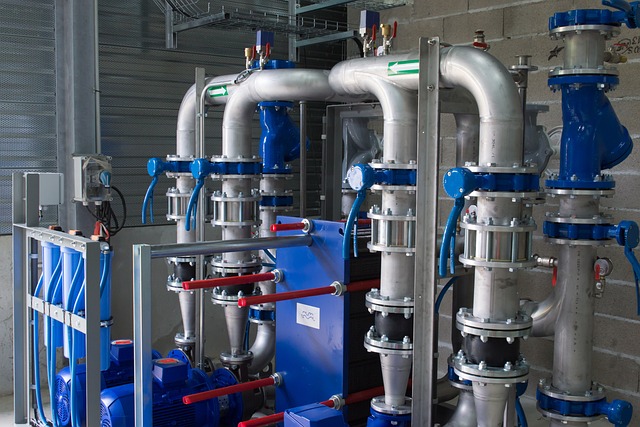
Aerospace:
High-power density actuators.
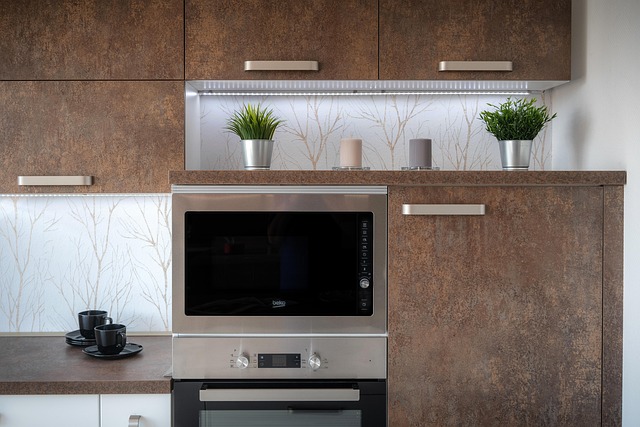
Electronics:
Precision sensors & MEMS components.
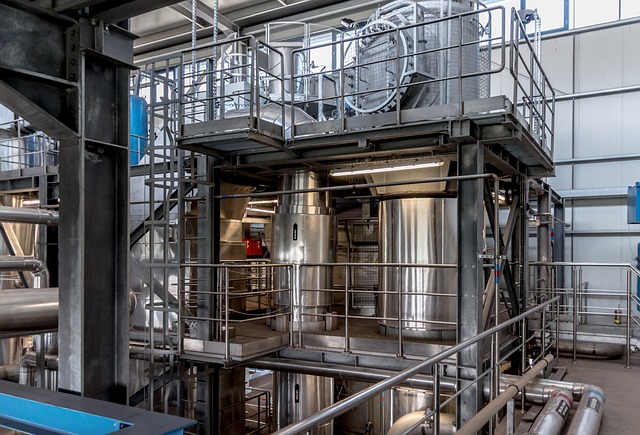
Energy:
Magnetic coupling devices for turbines.
Frequently Asked Questions
Q1: How to select between Inconel 601 and 600?
601 offers 40% superior oxidation resistance above 800°C due to Al content (cost premium ~15%).
Q2: Are special welding procedures required?
Use matching filler (e.g., ERNiCr-3) with TIG process; preheat to 200-300°C to prevent cracking.
Q3: Can bars undergo secondary machining?
Suitable for turning/drilling with low RPM + high feed rates; carbide tools recommended.
Q4: What are the critical considerations for welding Inconel 601 bars?
A: Preheat to 150–200°C and use low-hydrogen electrodes to minimize cracking. Post-weld annealing at 1000–1100°C is often required to restore ductility.
Q5: How does nickel price volatility affect Inconel 601 bar costs?
A: Raw material costs fluctuate with LME nickel prices (e.g., 2024–2025: 24,000–24,000–34,000/ton), impacting bar pricing by 10–15% annually.
Ready to source alloy steel from a trusted Chinese manufacturer?
Let us support your project with reliable quality, fast delivery, and expert service.
Get a quote today — we usually respond within 12 hours.

